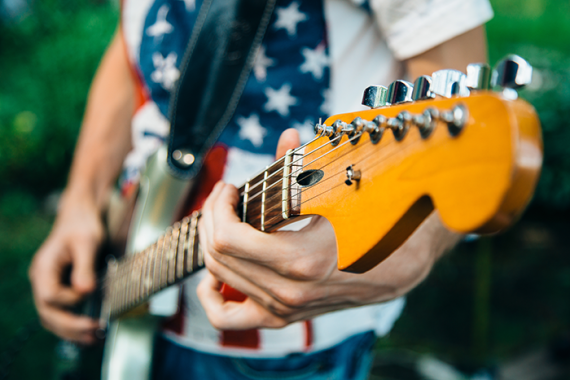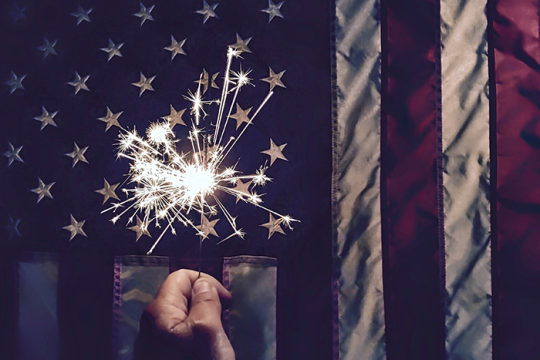Practicing Democracy

I still remember when I was 13 years old and decided that I wanted to learn to play guitar. It did not come easily to me: I have always struggled with coordination and am left-handed; most guitars are made for right-handed people. Practicing guitar was the first thing that I truly committed myself to. What kept me going was not a desire to be the next great guitarist, but a love I had discovered in synagogue and at summer camp for singing as a community. When I was finally able to lead communities in song myself, I was grateful both for my newfound skills and for what I had learned from the experience of acquiring those skills: namely, how deep commitment and ongoing practice could enable me to do something I did not think was possible.
I am mindful that democracy also takes commitment and practice. Democracy takes practice because it still is not accessible to all. The democracy we live in today was established by people who restricted political power to white, Christian men. Over the centuries, people and movements have pushed these boundaries and pursued a democracy that better reflects all who call this country home. Nevertheless, voter suppression laws still intentionally keep Black, Indigenous, and People of Color (BIPOC) from voting, as well as poor people, people with disabilities, and young people.
Democracy takes practice because it is messy. It requires that people who will not always agree come together and make collective decisions.
Democracy takes practice because it is at risk. People who gain power by spreading division and fear are challenging the very foundations of free and fair elections.
By working together to contact over 650,000 voters from underrepresented communities through our Every Voice, Every Vote campaign, we overcame the barriers set up by voter suppression laws to ensure the electorate includes everyone. By joining with partners across races, faiths, and places and following the lead of those most impacted, we organized a movement committed to building a robust multiracial democracy. By working with our congregations and communities to move people into action, we discovered just how strong we can be when we work together.
"Every Voice, Every Vote" is best translated into Hebrew as Kol Kolot. Depending on the spelling, Kol can mean every, voice, and vote. Just as a group that sings well together, a robust and diverse democracy where everyone's voice and vote can be heard contains the beauty of every individual speaking up about what they need with all of us acting together to make this world whole. That, to me, is beauty worth practicing for.
Request your free download: Every Voice Matters: Conversations about Voting & Democracy, with conversation questions to foster respectful, open-hearted conversations in this election season, and beyond. For teens and adults.
Download our free Grow a Good Citizen: Every Voice, Every Vote activity book for kids ages 5-12, crafted with content from Highlights Magazine. It's packed with inspiring short stories, engaging games, and mind-teasing puzzles that educate and inspire action around voting and democracy, to help make sure everyone's voice is heard.
Related Posts


